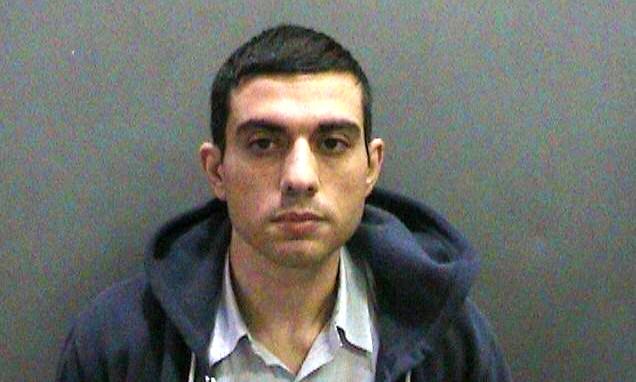NEWPORT BEACH, Calif. (CNS)—A Newport Beach pot dealer who gained fame by staging a daring escape from the Orange County jail while awaiting trial has been sentenced to life in prison without parole for kidnapping and torturing a marijuana dispensary owner who was sexually mutilated in the Mojave Desert.
Orange County Superior Court Judge Gregg Prickett, however, rejected a motion for a new trial for Hossein Nayeri, 41, who was convicted in August of last year and has cycled through several defense attorneys since firing the attorney who represented him at trial.





